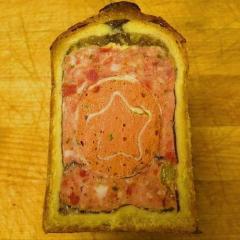-
Welcome to the eG Forums, a service of the eGullet Society for Culinary Arts & Letters. The Society is a 501(c)3 not-for-profit organization dedicated to the advancement of the culinary arts. These advertising-free forums are provided free of charge through donations from Society members. Anyone may read the forums, but to post you must create a free account.
Cutting Boards
-
Similar Content
-
- 44 replies
- 5,163 views
-
- 21 replies
- 1,315 views
-
- 0 replies
- 464 views
-
- 120 replies
- 40,034 views
-
- 34 replies
- 3,882 views
-
-
Recently Browsing 0 members
- No registered users viewing this page.





Recommended Posts